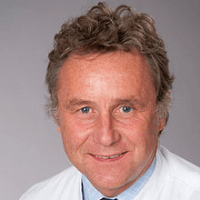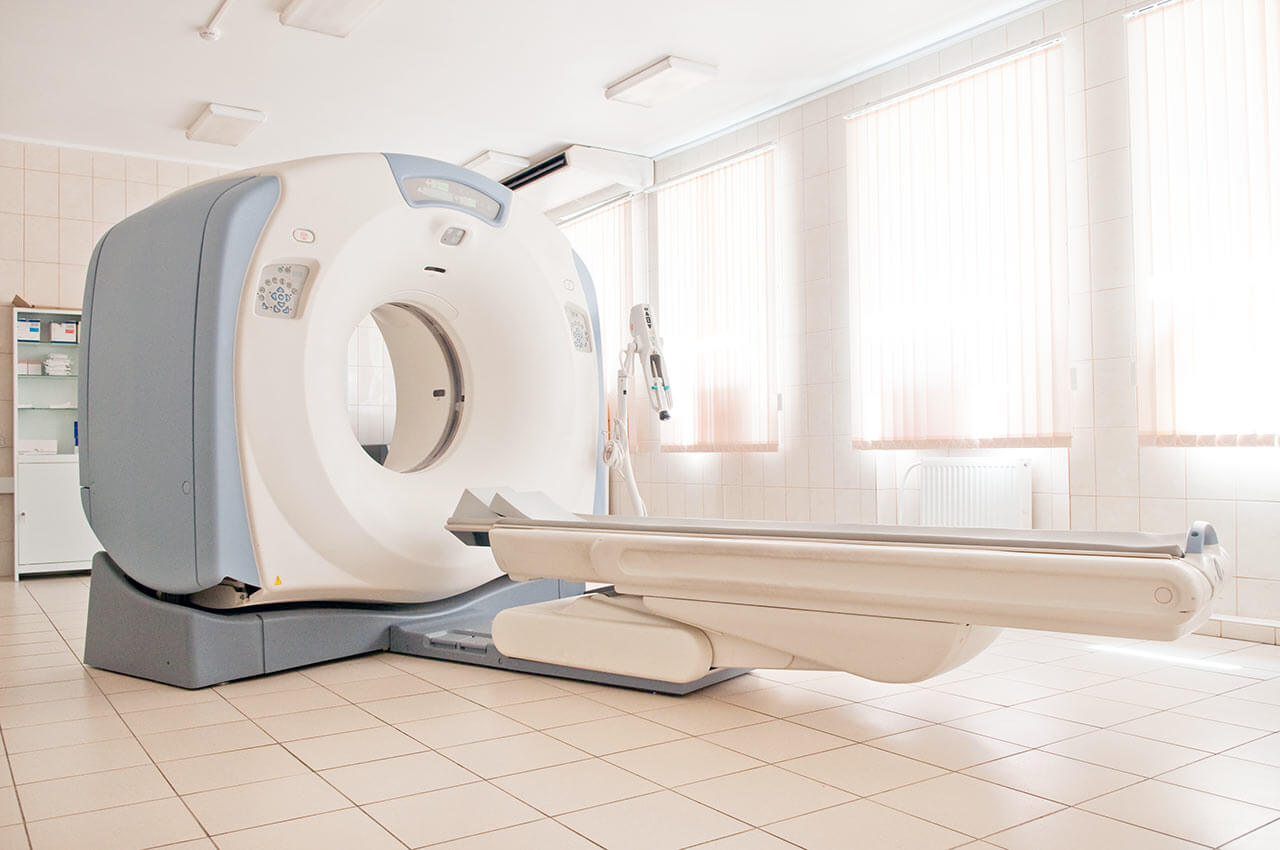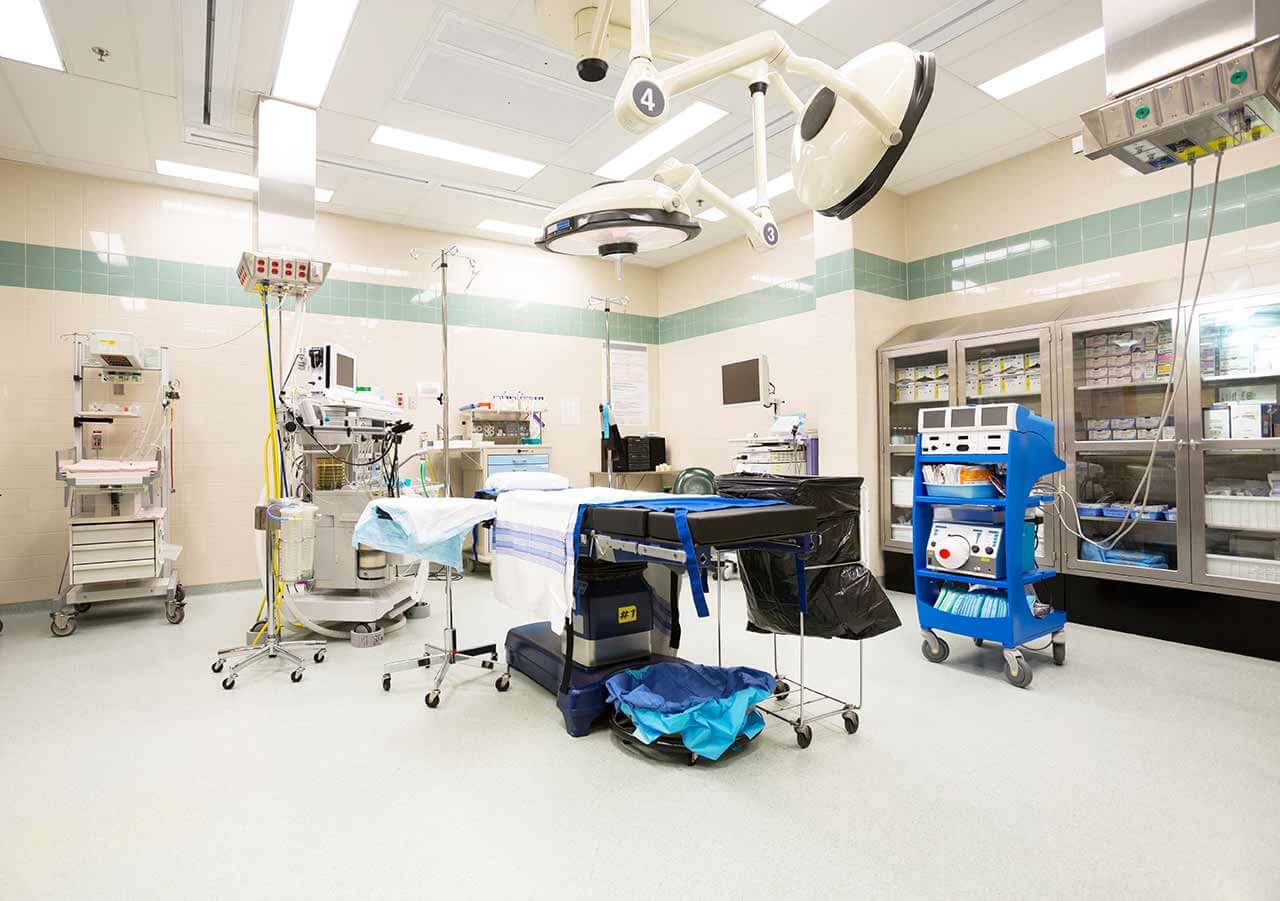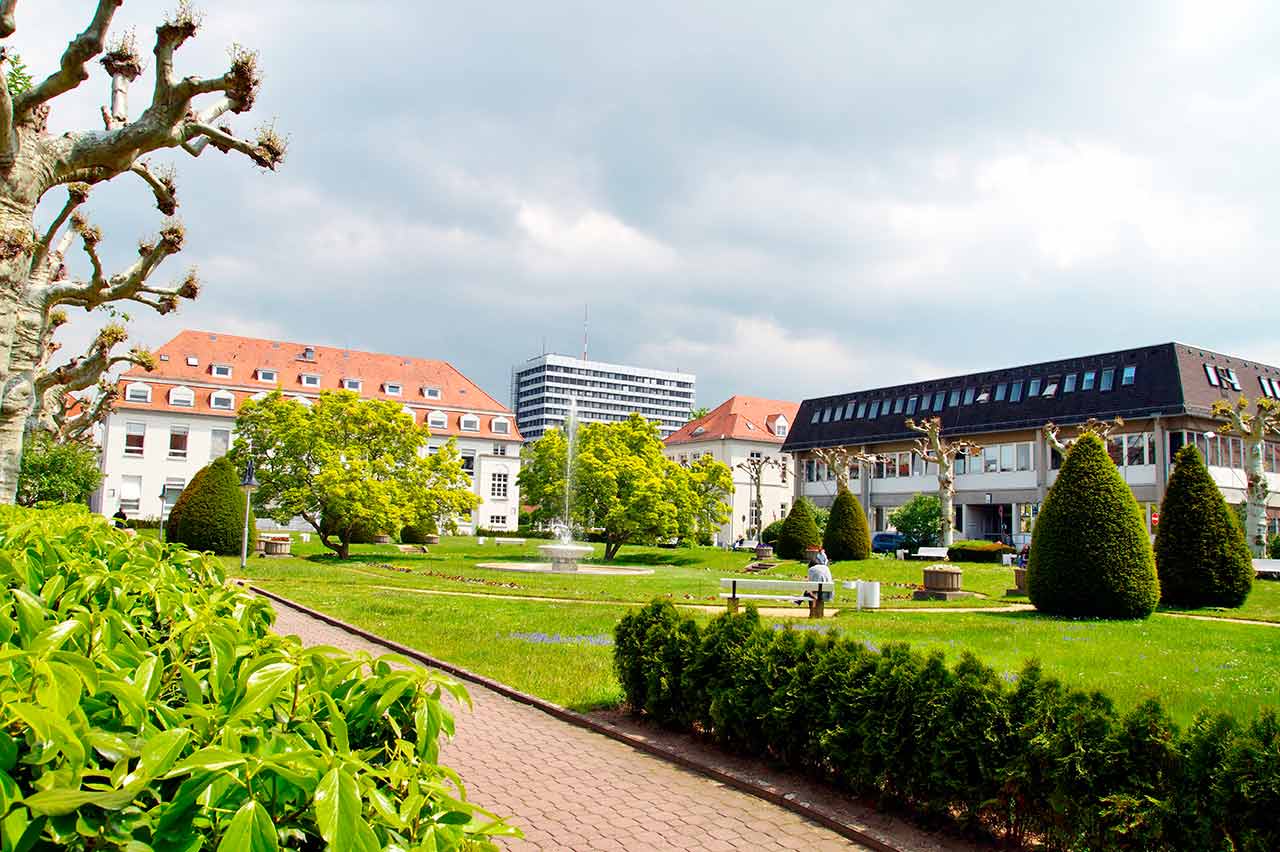
The program includes:
- Initial presentation in the clinic
- clinical history taking
- review of medical records
- physical examination
- dermatological examination
- laboratory tests:
- complete blood count
- ANA (antinuclear antibody)
- 25-Hydroxy-Vitamin D
- folate/B12
- consultation of related specialists
- symptomatic specific treatment
- the cost of essential medicines and materials
- nursing services
- control examinations
- full hospital accommodation
- developing of further guidance
Required documents
- Medical records
- Photo of the affected body regions
Service
You may also book:
 BookingHealth Price from:
BookingHealth Price from:
About the department
The Department of Adult and Pediatric Dermatology at the University Hospital Mainz offers the full range of services in this field and is one of the largest medical institutions of this kind in Germany . The department has 45 beds for inpatient treatment, as well as provides comprehensive counseling for patients with skin diseases on an outpatient basis. The main clinical focuses of the department include the diagnostics and treatment of skin cancer, allergic skin reactions, operative and aesthetic dermatology, laser therapy of skin pathologies. The department is headed by Prof. Dr. med. Stephan Grabbe.
In addition to competent dermatologists, the department employs allergologists, specialists in the field of occupational dermatological diseases, oncologists with special qualifications in dermatology, as well as experts in the field of palliative medicine, ultrasound diagnostics, proctology, phlebology, plastic surgery, acupuncture and naturopathy. The entire medical team works for the benefit of patients, providing them with high-quality, individualized medical care at the university level.
The service range of the department includes:
- Diagnostics and treatment of skin cancer (within the specialized center)
- Diagnostics
- Microscopic tissue examination (histology, immunohistology, molecular biological study)
- Dermatoscopy
- Computer dermatoscopy with digital image analysis
- Lymph node sonography
- Sentinel lymph node biopsy
- CT
- MRI
- PET-CT
- Scintigraphy
- Therapy
- Surgical removal of skin tumors and micrographic surgery
- Photopheresis, UV therapy
- Laser therapy
- Chemotherapy
- Radiation therapy
- Adjuvant therapy
- Immunotherapy and immunochemotherapy
- Targeted therapy
- Pain therapy
- Vaccine therapy
- Follow-up care after therapy
- Skin tumor prevention
- Psycho-oncological care
- Self-help groups
- Diagnostics
- Laser therapy
- Treatment of vascular skin changes (for example, vascular nevus, hemangioma) with the help of dye laser
- Telangiectasia treatment with high-energy flash lamp (IPL) or laser
- Consultations on hemangiomas in infants and children
- Treatment of spider veins with NdYaG laser
- IPL technique for hair removal
- Aesthetic dermatology
- Facial wrinkle treatment with botulinum toxin injections
- Wrinkle treatment with various filler injections
- Cryolipolysis
- Fruit peeling
- Microdermabrasion
- Cosmetic procedures
- Laser cosmetic procedures (IPL)
- Body hair removal
- Removal of age spots, warts and other benign skin tumors
- HydraFacial
- Operative dermatology
- Removal of benign and malignant skin tumors with primary wound closure and plastic reconstruction
- Flap plastic surgery for closing skin defects
- Closure of skin defects with free grafts
- Sentinel lymph node biopsy in suspected malignant diseases
- Surgical scar revision for optimal aesthetic results
- Surgical treatment of varicose veins
- Treatment of inflammatory processes in the anus/rectum, including eczema, genital warts, hemorrhoids
- Psoriasis treatment
- External therapy
- Light therapy (UVB 311 nm, PUVA)
- Balneophototherapy (PUVA bath)
- Drug treatment (for example, fumaric acid)
- Biological products
- New drugs (within the framework of clinical studies)
- Diagnostics and treatment of infectious skin diseases
- Diagnostics and treatment of occupational skin diseases
- Diagnostics and treatment of neurodermatitis
- Diagnostics and treatment of mastocytosis
- Diagnostics and treatment of urticaria and angioedema in adults and children
- Medical care in wound healing disorders
- Diagnostics and treatment of autoimmune skin diseases
- Diagnostics and treatment of skin manifestations of allergic diseases
- Consultations on all issues and diseases in dermatology
- Other medical services
Curriculum vitae
- 1980 - 1987 Study of Human Medicine and Philosophy at the Westphalian Wilhelm University, the University of Wales, the Medical College of Cardiff, UK.
- 1987 Admission to medical practice (Doctor of Medicine).
- 1987 - 1989 Fellow, Department of Dermatology at the University Hospital Muenster.
- 1988 American state medical exam (FMGEMS).
- 1989 - 1992 Postdoctoral Research Fellow, MGH-Harvard Cutaneous Biology Research Center, Harvard University, Boston.
- 1992 - 1998 Fellow in the Dermatology Center at the University of Muenster.
- Since 1994 Head of the Laboratory for Studies in Immunodermatology and Cancer Immunology, Dermatology Center at the University of Muenster.
- 1995 Medical Specialist in Dermatology.
- 1996 Habilitation.
- 1998 - 2000 Heisenberg Scholarship of the German Research Foundation, Visiting Scholar at the Center for Skin Disease Research, Harvard University, Boston.
- Since 2003 C3 Professor in Dermatology and Cancer Dermatology, University of Muenster.
- 2003 Advanced training, Hospital Management, Academy of the Bochum University.
- 2003 - 2007 C4 Professor and Head of the Department of Dermatology, Venereology and Allergology at the University Hospital Essen.
- Since 2007 W3 Professor and Head of the Department of Adult and Pediatric Dermatology at the University Hospital Mainz.
- Since 2009 Press Secretary of the Medical Research Center, Deputy Press Secretary of the Center for Immunologic Research, as well as Initiator of the Transmed Biomedicine Course at the University Hospital Mainz.
Photo of the doctor: (c) Universitätsmedizin der Johannes Gutenberg-Universität Mainz
About hospital
The University Hospital Mainz is one of the best maximum care medical facilities in Germany and an internationally recognized scientific center. There are more than 60 departments and institutes, which represent all fields of modern medicine. The hospital serves more than 68,000 inpatients and more than 273,000 outpatients annually, which testifies to the excellent reputation of this medical institution.
The key to the successful clinical practice is also a highly qualified medical staff, which consists of 7.800 employees from various fields. The doctors of the hospital are convinced that each clinical case requires an individual approach, therefore, they devote much time to consultations and communication with patients. The main goal of all hospital employees is to provide an optimal medical care based on the use of the state-of-art diagnostic and therapeutic measures, as well as the introduction of the latest scientific achievements into the medical practice.
The best interns and assistant physicians are trained here. The world-famous leading physicians of the hospital share their long experience and professional skills. Naturally, an integral part of the university hospital work is research, thanks to which many innovative possibilities in the field of diagnostics and therapy have been developed.
Photo: (c) depositphotos
Accommodation in hospital
Patients rooms
The patients of the University Hospital Mainz live in bright, spacious and comfortable rooms. The patient rooms are equipped with modern electronically adjustable beds, which at the touch of a button automatically assume a specified position. Also, there is a TV and a telephone in the patient rooms. To use them, it is necessary to get a prepaid card (in vending machines at the entrance to the hospital). The use of a TV is free, but the patient will need headphones. Telephone calls are made for a fixed fee, which will be withdrawn from the prepaid card at discharge from the hospital. Also, each patient room is equipped with an ensuite bathroom with shower, washbasin and toilet.
Meals and Menus
The patients of the hospital are offered a tasty and balanced three meals a day: breakfast, lunch and dinner. The menu also includes vegetarian and dietary dishes. In addition, for both patients and their visitors there are available cafeterias and bakeries, where one can buy baked goods, snacks, hot and cold drinks.
Further details
Standard rooms include:





